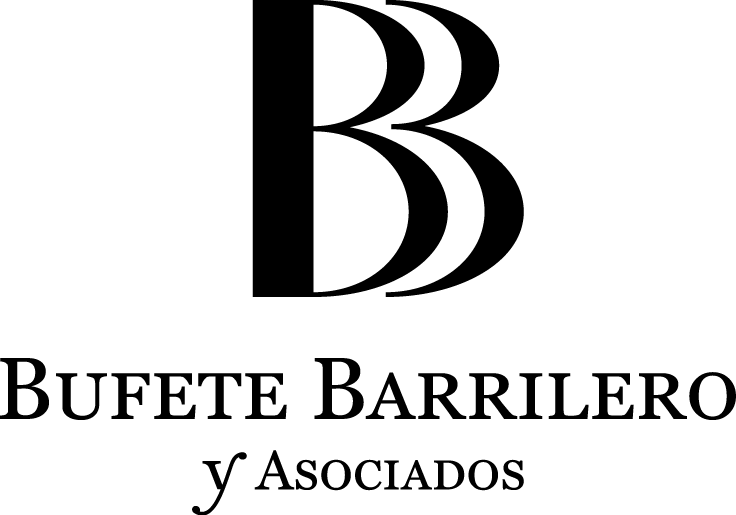PENAL
Mariana Algorta
The Spanish legal system allows any Spanish citizen to exercise criminal prosecution through the popular prosecution figure, even if they have not been directly harmed by the offense. This mechanism, rooted in the Spanish Constitution and further developed in the Law of Criminal Procedure and the Organic Law of the Judiciary, reflects citizens’ participation in the administration of justice. However, it is subject to certain limitations and conditions.
On January 17, 2025, the PSOE introduced the “Organic Law Proposal for the Guarantee and Protection of Fundamental Rights Against Abusive Judicial Actions”. Popularly referred to as the “Begoña Law,” this proposal seeks to significantly restrict the exercise of popular prosecution to safeguard fundamental rights and prevent the misuse of legal actions for harassment purposes.
Below are the key reforms proposed:
1. Prohibitions on Exercising Popular Prosecution The proposal establishes that the following entities and individuals will be prohibited from exercising popular prosecution:
Minors.
Persons convicted by a final judgment for a serious or less serious crime. Judges, prosecutors, and public officials. Legal entities or public bodies, including political parties and their affiliated associations or foundations.
2. Restriction to Certain Offenses
Popular prosecution will be limited to specific offenses deemed to have a significant social impact or protect diffuse interests, such as:
- Crimes against the market and consumers affecting general interests.
- Illegal financing of political parties.
- Crimes related to urban planning, historic heritage protection, and the environment.
- Bribery (cohecho), influence peddling, embezzlement of public funds, and deliberate judicial misconduct (prevaricación dolosa).
- Hate crimes, rebellion, genocide, and crimes against humanity.
- Terrorism glorification and justification.
3. Judicial Oversight and Financial Bond Requirement
To ensure alignment with the public interest, popular prosecution will now be subject to judicial oversight. The accuser must demonstrate a concrete, relevant, and sufficient link with the public interest at stake.
Additionally, the proposal requires the accuser to post a financial bond in cases where the Public Prosecutor does not join the accusation.
4. Archiving Cases Without State Support
The proposal mandates that criminal cases will be dismissed if only the popular prosecution files charges unless the offense pertains to matters of exclusive public interest.
5. Unified Legal Representation
To streamline procedures, multiple popular prosecutions in the same case will be required to operate under a single legal and procedural representation.
6. Exclusion from the Investigative Phase
The proposal restricts popular prosecution to the oral trial phase, excluding it from the investigative phase to preserve its secrecy. Popular prosecution will only be permitted to file complaints or participate during the oral trial.
7. Inadmissibility of Complaints Based on Journalistic Reports
Complaints relying solely on media reports will be inadmissible under the new provisions.
Criticism and Concerns
The proposal has sparked controversy, with critics arguing it undermines the constitutional right to popular prosecution enshrined in Article 125 of the Spanish Constitution.
Judicial Association Critique: The Professional Association of the Judiciary (APM) has expressed concern, urging the European Commission and Parliament to intervene. The APM claims that the reform effectively hollows out the concept of popular prosecution and violates the right to effective judicial protection for individuals and public/private entities.
Selective Legislative Reform: Critics point out that this reform appears reactionary, addressing a specific high-profile case involving a complaint based on journalistic information.
Conclusion
The reform proposed in the “Begoña Law” introduces significant restrictions on popular prosecution, reshaping its scope and application. Although aimed at curbing misuse, the proposal raises constitutional questions and concerns about its impact on citizens’ ability to participate in the justice system. The definitive approval and potential constitutional challenges to the law will require close scrutiny in the coming months.


